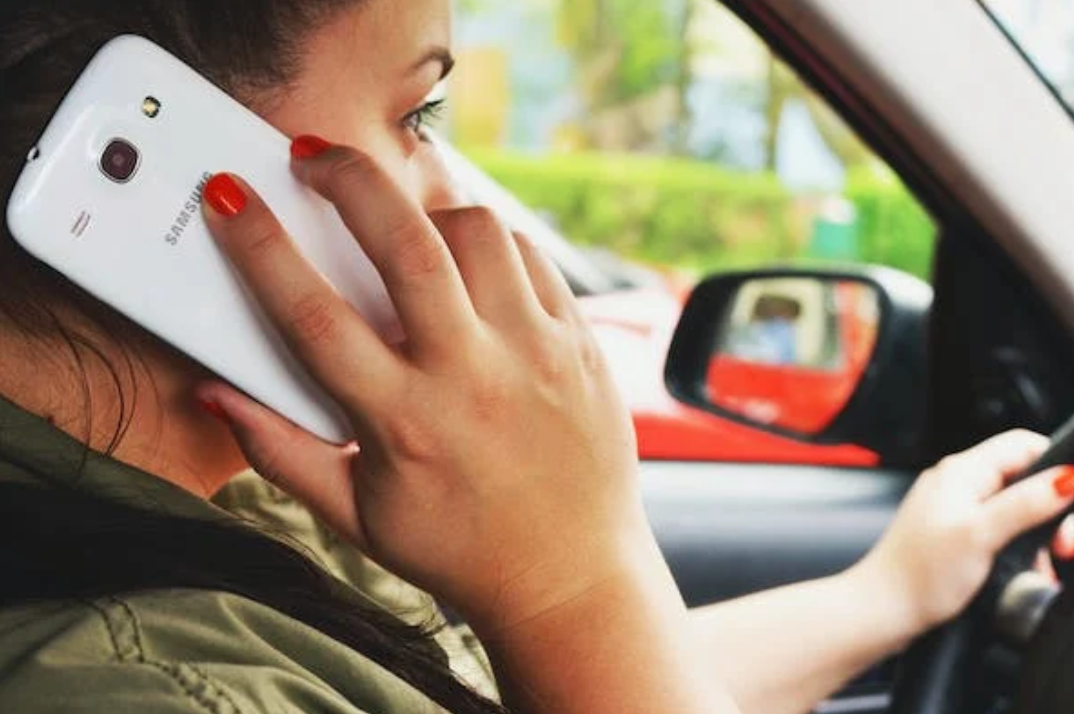The majority of car accident personal injury claims are brought against another driver involved in the incident.
Alongside poisoning and falls, motor vehicles account for the majority of preventable injury-related deaths in the United States. According to data from the National Safety Council (NSC), motor-vehicle injuries were the third leading cause of non-fatal injuries in 2021, highlighting that car accidents have become an unfortunate prevalence in our everyday lives.
From head-on collisions and speed-related accidents to drunk drivers and hit-and-runs, several possibilities can result in a car accident taking place. If you have been injured following a car accident you may be entitled to compensation for your losses.
This can assist you in covering various costs and expenses incurred due to your accident and in receiving the best medical care for your injuries. It is advisable to consult an experienced car accident lawyer for more information regarding your rights.
Liability in a car accident claim will depend on the facts of each case. In this article, we will outline different types of car accident claims that can arise and the liability associated with them, helping you to file an accurate claim.
Claim Against Another Driver
The majority of car accident personal injury claims are brought against another driver involved in the incident. Most successful claims center around proving the negligence of the other party, and demonstrating that their actions or failure to act resulted in the accident and subsequent harm and injuries to the claimant.
Examples of negligent behavior can include distracted driving, driving under the influence of drugs or alcohol, or running a red light. In some cases, there may be more than two vehicles involved in an accident, therefore liability may lie with multiple drivers.
Product Liability
A car accident can also occur due to a defect in the vehicle itself such as faulty brakes, an electronic malfunction, or a tire blowout. In some instances, the party legally liable for the accident and the ensuing injuries may include not only the manufacturer of the vehicle but also the distributor or supplier. A typical product liability claim will examine the following areas:
- Design defects: This involves investigating whether there was an inherent defect in the design of the product that made it dangerous or unsafe for consumers.
- Manufacturing defect: This relates to defects that occurred during the production or manufacturing of the product.
- Inadequate warnings: This considers whether there were insufficient warnings or instructions on how to use the product which led to the user being injured or harmed.
Product liability claims often affect multiple people, and are commonly handled as class action lawsuits.
Dram Shop Claim

A dram shop claim is a legal action against an alcohol-serving establishment such as a bar or restaurant. Under this rule, the injured party can argue that the establishment knowingly served alcohol to the person liable for the accident when they were visibly intoxicated or should reasonably have known that they were.
By doing so, they acted negligently and should bear liability for the losses incurred by the injured party. It is worth noting that dram shop laws vary according to state, so it is important to understand the laws in your local jurisdiction to see whether this liability applies.
When bringing a car accident claim, determining the liability of the party or parties involved will depend on the specific facts of your case.


Join the conversation!